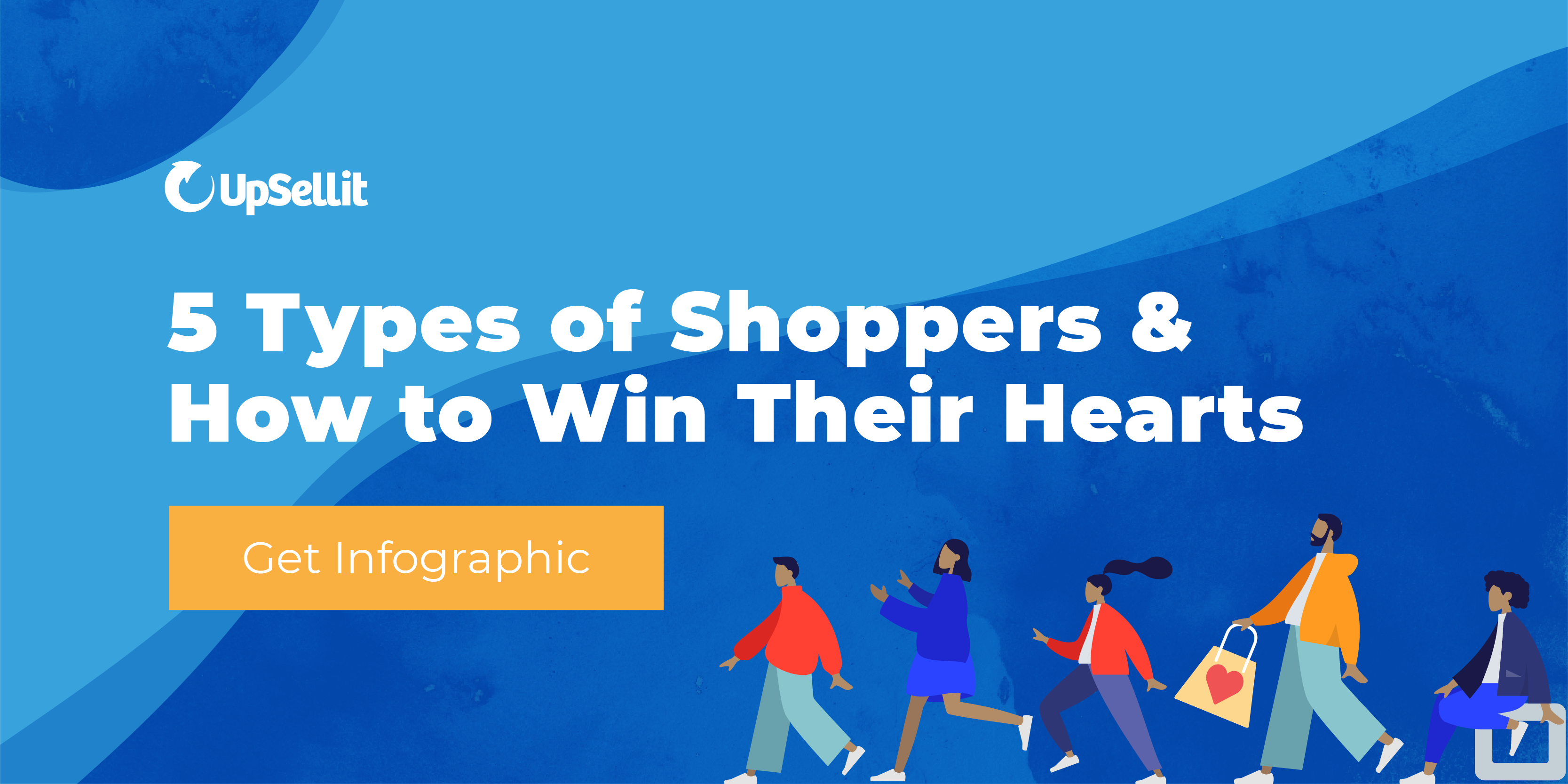Are you curious about how to attract shoppers who are watching their budgets? You’re not the only one! Price sensitivity is a tricky issue that differs from person to person and is shaped by many factors. Fortunately, there are some great strategies you can use to turn price-sensitive shoppers into buyers. Let’s explore what price sensitivity means and which strategies might work best for you.
What is Price Sensitivity?
Price sensitivity is about how much a buyer’s decision to buy is influenced by price. High price sensitivity means shoppers will avoid buying a product or service if they think the price is too high. Low price sensitivity means that shoppers are not very bothered by the cost. More consumers are becoming aware and smart about their shopping, which is making price sensitivity more common. Worries about the price can create barriers to making a purchase. To reduce these barriers, it’s crucial to understand what factors influence price sensitivity among your customers.
What Affects Price Sensitivity?
We all have different motivations for choosing to make a specific purchase. So, naturally, price sensitivity varies from person to person. However, there are some common influencing factors that we can look to such as industry, competitors, store brand, personal emotions and needs, and geolocation. For example, there may be less price sensitivity in an industry with fewer competitors, as consumers do not have as many options to shop around for what they deem to be a better deal.
For some consumers, price sensitivity is born out of the need to save money. But even wealthy shoppers and those with a healthy income are often after a good deal. For many, it’s actually the chase of the deal that motivates them.
It’s important to keep in mind that price sensitivity is not solely about finding the lowest price. In fact, a high price may even give the impression of high quality. While some sensitive shoppers will focus on price alone, many shoppers are looking for the best overall value. So instead of discounting and sacrificing profit margin, try leveraging one of the below strategies.
5 Strategies to Convert Price Sensitive Shoppers
1. Payment Options
We mentioned earlier that personal emotions factor into price sensitivity. It’s no surprise that it emotionally pains some shoppers to hand over their hard-earned money. This can be true no matter how great a deal is or how high the value is to the shopper. This is where payment options come in. By giving shoppers the option to pay off their purchase in installments, you thereby ease the pain that shoppers feel when converting. Furthermore, with many consumers facing vast debt in the form of student loans, credit cards, and more, offering payment options is a way to convert shoppers who may not otherwise be in a position to purchase.
2. Downsells
A downsell is a targeted tactic where you offer a shopper a lower priced alternative. You may be thinking ‘wait – why would I want to lower the order value?’ Well, think of it this way: what if the alternative to a lower priced order is no order at all? Price sensitive shoppers are masters of comparison shopping. Offering a lower priced option can ensure that you don’t lose a potential sale to a competitor, while giving the shopper the opportunity to leave satisfied with a purchase.
3. Save Your Cart
Speaking of comparison shopping, it’s not uncommon for a price sensitive shopper to visit multiple websites to ensure they’re getting the best deal. While other shoppers take product or service recommendations from their friends and social media, price sensitive shoppers are putting in the work. To remind the shopper of your offer in the midst of them considering their options, it’s necessary to use a ‘save your cart’ abandonment solution. Your series of follow up emails will send timely reminders to the shopper.
4. Price Drop Alert
Everyone loves a great deal, especially price sensitive shoppers. And for a shopper who just isn’t ready to make that purchase, being notified of a price drop just may be the catalyst that converts them. Notifying shoppers about a price drop allows them to feel like an insider, making price drop alerts an excellent way to combat price sensitivity.
5. Offer Free Shipping
Since price sensitive customers are often highly informed, they’re looking for the best deal overall. This includes shipping. To further incentivize these notoriously difficult-to-convert shoppers, offering free shipping is a key strategy. If you can offer free shipping, do it. If you’re able to offer fast shipping for free, even better. Market research shows that taking away shipping costs is actually known to increase average order value and conversion rates. In fact, in a recent study, 70% of respondents said they expect free shipping and will only consider repeat purchasing if free shipping is provided.
Winning Over Price Sensitive Shoppers
Price sensitivity occurs when price points impact a shopper’s purchasing behavior. Being informed on this consumer behavior is the first step in combating it. The best plan of action is to leverage that information to employ a conversion strategy that best suits your business.
Looking to Learn about More Types of Shoppers?
Check out UpSellit’s 5 Types of Shoppers. This in-depth guide covers the ins-and-outs of the different types of shoppers and how to win their hearts. It’s an amazing resource and it’s FREE! Download it now to increase conversions.
Read more: Window Shoppers vs. Tire Kickers
